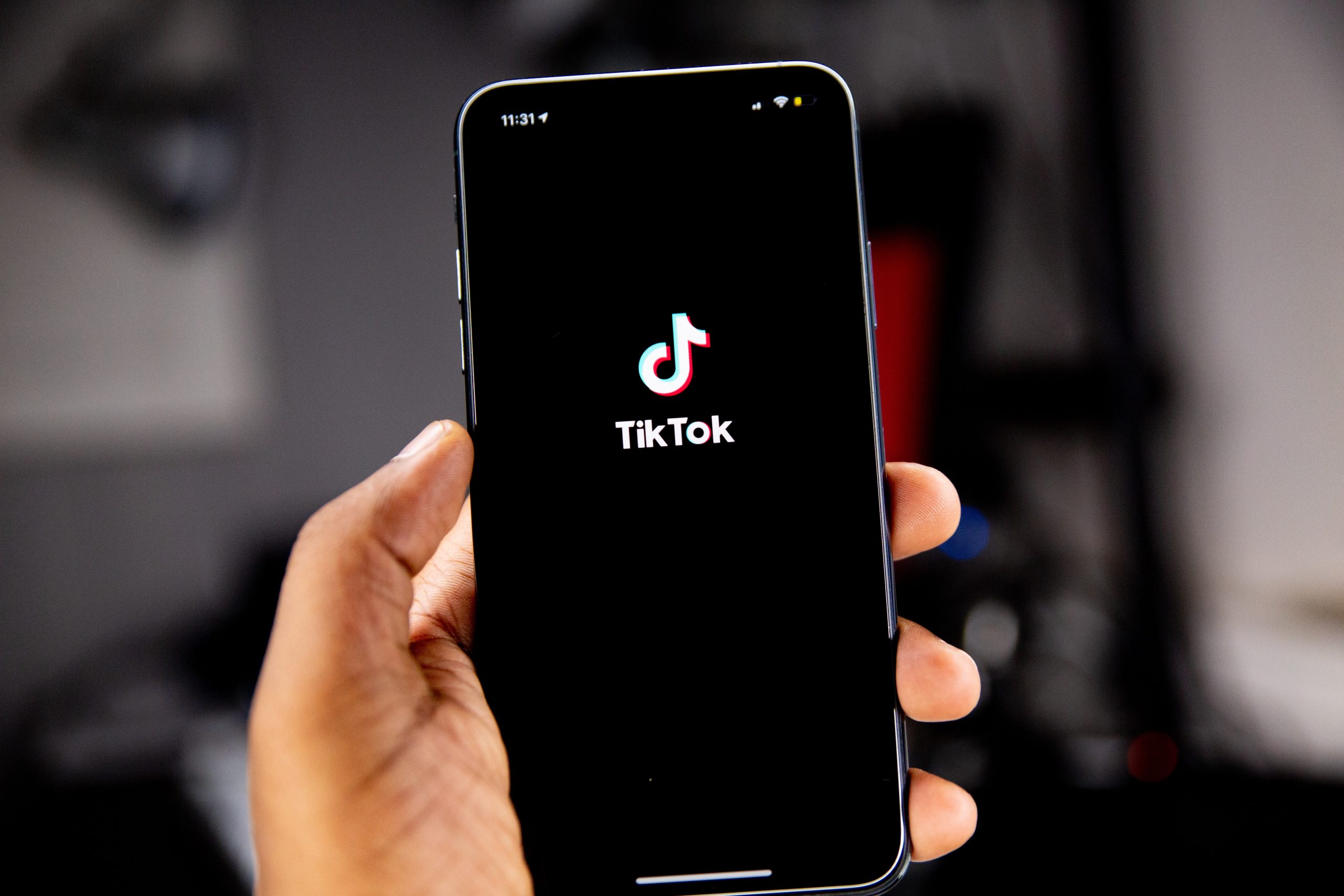When TikTok Medical Advice Leads to Harm
Posted in Consumer Protection, Health & Wellness, In the news, Medical Malpractice on August 30, 2023

In the digital information age, social media platforms like TikTok have become a breeding ground for content creators, including self-proclaimed “TikTok doctors” who offer medical advice and insights to their followers. While this accessibility to information can be empowering, it also raises important questions about the legal liability that arises when individuals follow the advice of these online medical influencers.
In this blog post, we’ll delve into the complexities of legal responsibility regarding TikTok medical advice and discuss the potential consequences for content creators and their followers.
The Recent Case of Dr. Roxy
On Wednesday, July 12th, a significant case involving TikTok medical advice came to light in Ohio. Dr. Katharine Grawe, known as Dr. Roxy on TikTok, had her medical license permanently revoked by the Ohio Medical Board. This decision was accompanied by a $4,500 fine “based on her failure to meet the standard of care.” Dr. Grawe, who gained prominence as a plastic surgeon sharing content on TikTok, also has the option to appeal the decision.
The Ohio Medical Board’s vice president, Dr. Jonathan Feibel, emphasized the severity of the situation. He stated, “I strongly recommend that there never be a Dr. Roxy or patient one, two or three – and protect the people of the state of Ohio from this reckless physician.” Dr. Feibel further explained that the issues with Dr. Grawe’s practices were not typical complications but rather stemmed from recklessness and disregard for medical practice rules in Ohio.
Legal Implications
Dr. Grawe’s case highlights legal considerations regarding TikTok medical advice. The legal framework involves:
- Duty of Care and Standard of Care: The case emphasizes the critical duty of care that medical professionals, even those operating on social media platforms, owe to their patients and audiences. Dr. Grawe’s actions were evaluated against the standard of care expected from a qualified medical professional.
- Causation and Harm: The accusations against Dr. Grawe include engaging in procedures while focusing on the camera, which raises questions about the potential impact on patient safety. This underlines the importance of proving a direct link between actions and harm suffered by those following medical advice.
- Professional Accountability: Dr. Grawe’s case underscores the role of professional codes of ethics and standards in maintaining the integrity of medical practice. Deviations from these standards can lead to severe consequences, including the revocation of medical licenses.
Followers and Legal Recourse
For individuals who acted on Dr. Grawe’s advice and experienced harm, the case opens avenues for potential legal actions:
- Medical Malpractice Claims: If it can be proven that the advice provided deviated from acceptable standards and directly caused harm, followers might pursue medical malpractice claims.
- Personal Injury Claims: Those who suffered harm due to procedures carried out recklessly could seek compensation through personal injury claims.
The case of Dr. Roxy serves as a stark reminder that while social media provides a platform for sharing, including medical advice, accountability must be noticed. Individuals seeking medical advice must critically evaluate sources and verify credentials. For content creators, maintaining professional standards and adhering to ethical codes is paramount to avoid legal consequences.